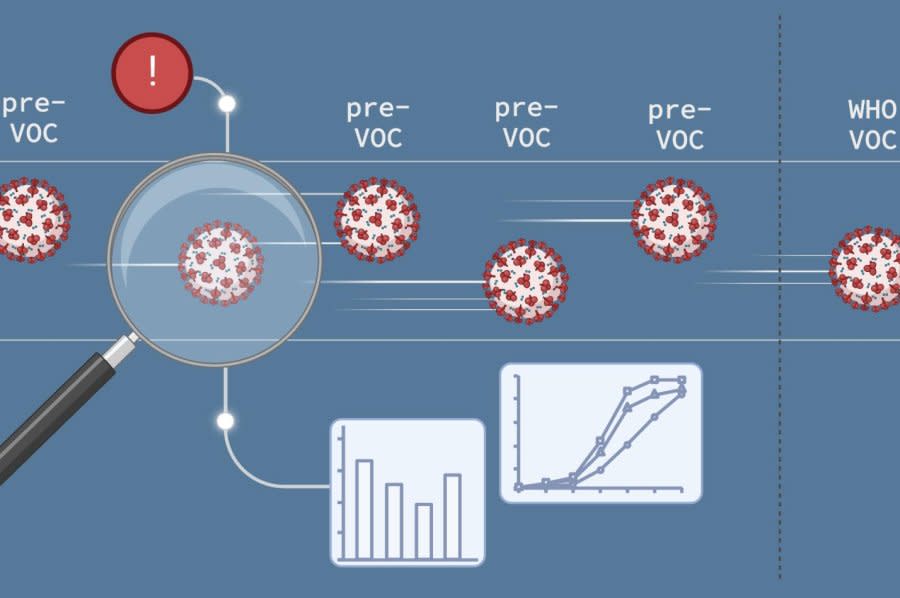Study: AI machine could be used to track evolution of next pandemic

July 21 (UPI) -- Scripps Research said Friday its scientists have developed a machine-learning system that could help track the evolution of epidemic viruses and predict the emergence of variants.
The machine, a type of artificial intelligence application, is described in a paper published in the journal Patterns.
In the paper, scientists demonstrated the system by using data on recorded COVID-19 variants and COVID-19 mortality rates.
They said the system could have predicted the emergence of new coronavirus "variants of concern" ahead of their official designations by the World Health Organization.
Researchers at the La Jolla, Calif., institute said they believe the system could track future viral pandemics in real time.
"There are rules of pandemic virus evolution that we have not understood but can be discovered, and used in an actionable sense by private and public health organizations, through this unprecedented machine-learning approach," study senior author William Balch, a professor in the Department of Molecular Medicine at Scripps Research," said in a news release.
Salvatore Loguercio, co-author of the study and a staff scientist in the Balch lab at the time of the work, said the machine could be used in various ways,
"This computational method used data from publicly available repositories," Loguercio said. "But it can be applied to any genetic mapping resource."
The Balch lab develops computational, often AI-based methods to show how genetic variations alter the symptoms and spread of diseases.
For this study, they developed machine-learning software by using a strategy called Gaussian process-based spatial covariance to relate three datasets spanning the course of the pandemic.
The three data sets include the genetic sequences of COVID-19 variants found in infected people worldwide, the frequencies of those variants and the global mortality rate for COVID-19.
The new software allowed the researchers to follow a set of genetic changes appearing in coronavirus variants around the world.
"We could see key gene variants appearing and becoming more prevalent, as the mortality rate also changed, and all this was happening weeks before the [variants of concern] containing these variants were officially designated by the WHO," Balch said.
The researchers said the machine could also be used as a variant "early warning system" or "anomaly detector" for gene variants associated with special changes in viral spreads and mortality rates.
"One of the big lessons of this work is that it is important to take into account not just a few prominent variants, but also the tens of thousands of other undesignated variants, which we call the 'variant dark matter,'" Balch said.

